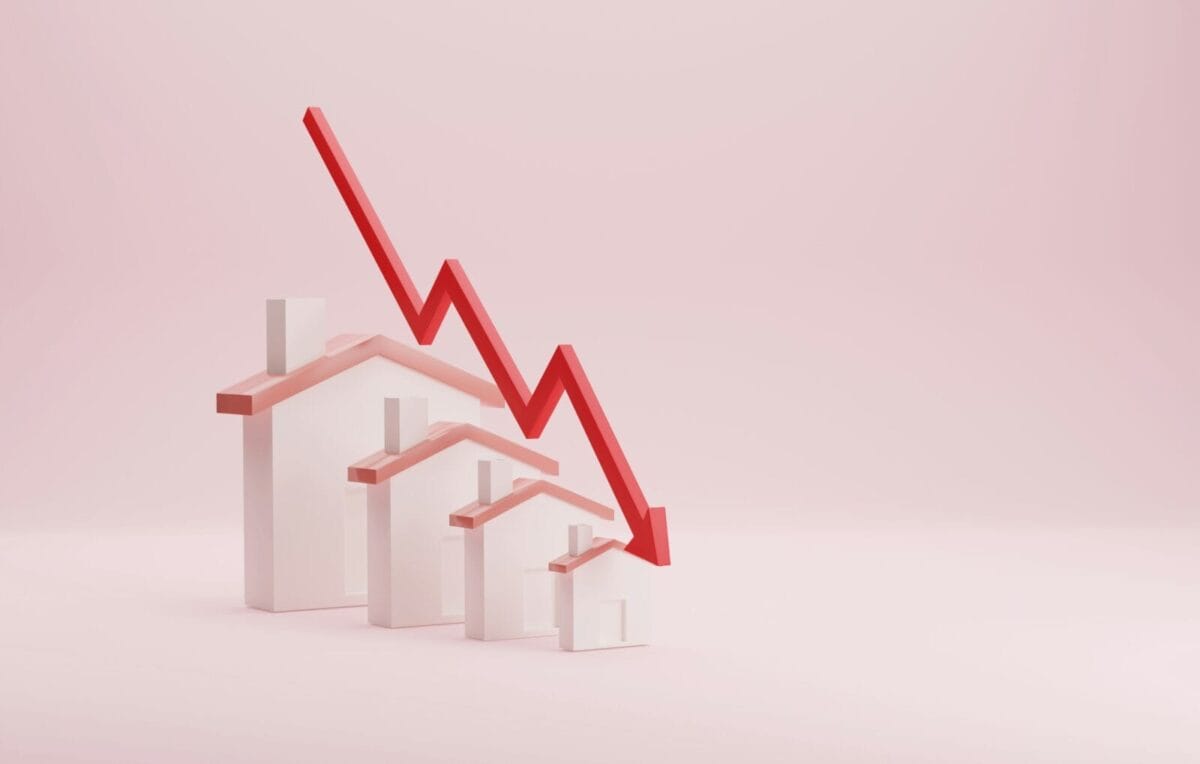To help homeowners decide whether re-mortgaging is right for them, David Wilson Homes has teamed up with mortgage expert and Managing Director of The New Homes Group, Terry Higgins, to explain the pros and cons of re-mortgaging.
Why do homeowners re-mortgage?
To understand why homeowners are choosing to re-mortgage, David Wilson Homes surveyed 500 homeowners whohad previously re-mortgaged about their reasons for doing so:
| Why did you remortgage? | % of respondents who selected |
| To get a better interest rate | 66% |
| My fixed-rate deal ended | 63% |
| To reduce my monthly payments | 32% |
| To borrow more money (e.g, for home improvements, extensions, etc) | 15% |
| To switch to a different type of mortgage | 11% |
| Followed advice from a financial advisor or mortgage broker | 9% |
| My lender wouldn’t offer me a new deal | 4% |
| I wanted more flexible features | 4% |
Aside from the potential cost savings and reduced monthly payments, 15% switched to borrow more money for home improvements, while 11% opted for a different type of mortgage deal.
Speaking on the results, mortgage expert Terry Higgins said:
“People switch up their mortgage deals for a variety of reasons. With multiple base rate cuts already this year, it’s no surprise that securing a better interest rate came out on top, as homeowners who keep an eye on rates can make significant savings.
“What is surprising, however, is that only 11% considered switching to a different mortgage type as a key factor in remortgaging. There are some great benefits to moving to variable or tracker mortgages, especially as interest rates continue to fall.”
What are the pros and cons of re-mortgaging?
To help assess whether re-mortgaging is the right choice, Terry has laid out the key pros and cons to keep in mind.
Pros of Re-mortgaging
- Lower Interest Rates
One of the biggest advantages of re-mortgaging is securing a lower interest rate. This can significantly reduce your monthly payments and save thousands over the life of your mortgage.
For example, switching from a 5.25% rate to a 4.25% rate on a £200,000 mortgage over 25 years could save you around £123 per month or over £36,000 across the full term.
| Interest Rate | Monthly Repayment (£200,000 mortgage) | Total Repayment Over 25 Years | Total Interest Paid |
| 5.00% (August 2024) | £1,170 | £351,000 | £151,000 |
| 4.00% (July 2025) | £1,050 | £315,000 | £115,000 |
| Savings | £120/month | £36,000 total | £36,000 |
- Avoid Standard Variable Rate (SVR)
When your fixed or tracker deal ends, you’re typically moved onto your lender’s SVR, which is usually much higher. Remortgaging before this happens helps you avoid an increase in your monthly payments and maintain financial stability.
- Access to Equity
If your property has increased in value, remortgaging may allow you to release some of that equity. This can be used for home improvements, paying off debts, or other large expenses, effectively turning your home’s value into a financial resource.
- Change of Mortgage Terms
Remortgaging gives you the flexibility to alter your mortgage term. You can opt to reduce the term to pay off your mortgage faster or extend it to lower your monthly payments. You can also switch from interest-only to repayment or vice versa, depending on your financial goals.
- Better Features
New mortgage products often come with better features, such as the ability to make overpayments without penalties, offset facilities that allow you to reduce interest with savings, or flexible repayment options that suit changing life circumstances.
Cons of Remortgaging
- Early Repayment Charges (ERCs)
If you’re still within the fixed or discounted period of your current deal, leaving early may result in early repayment charges. These fees can be substantial and may outweigh the benefits of switching to a lower rate.
- Arrangement and Legal Fees
Some remortgages come with upfront costs like arrangement fees, valuation fees, and legal costs. While some lenders offer fee-free deals or cover some costs, it’s important to factor these into your calculations to determine if remortgaging is truly cost-effective.
- Time and Effort
Remortgaging involves a fair amount of paperwork and coordination. From gathering financial documents to undergoing affordability checks and legal processing, it can be a time-consuming task, especially if you’re switching lenders.
- Possible Rejection
If your financial situation has worsened since your original mortgage due to reduced income, increased debt, or changes to your credit rating, you may find it harder to qualify for a new deal. Lenders reassess your affordability and risk level during the application process.
- Reduced Equity Risk
If property values decline and you’ve borrowed a higher proportion of your home’s value, you could fall into a higher loan-to-value (LTV) bracket. This can make remortgaging more expensive or even prevent you from securing a new deal altogether.















